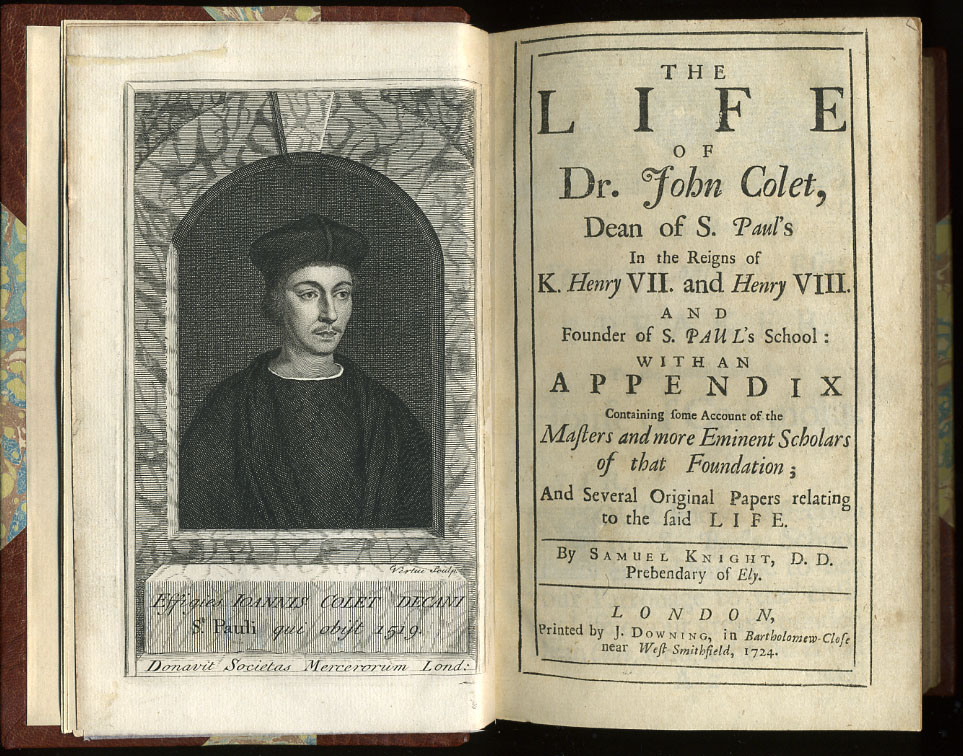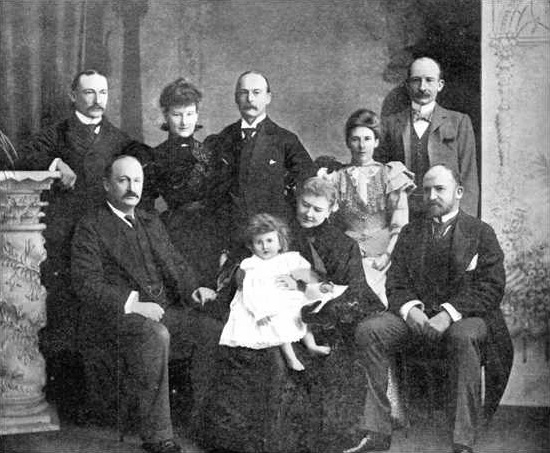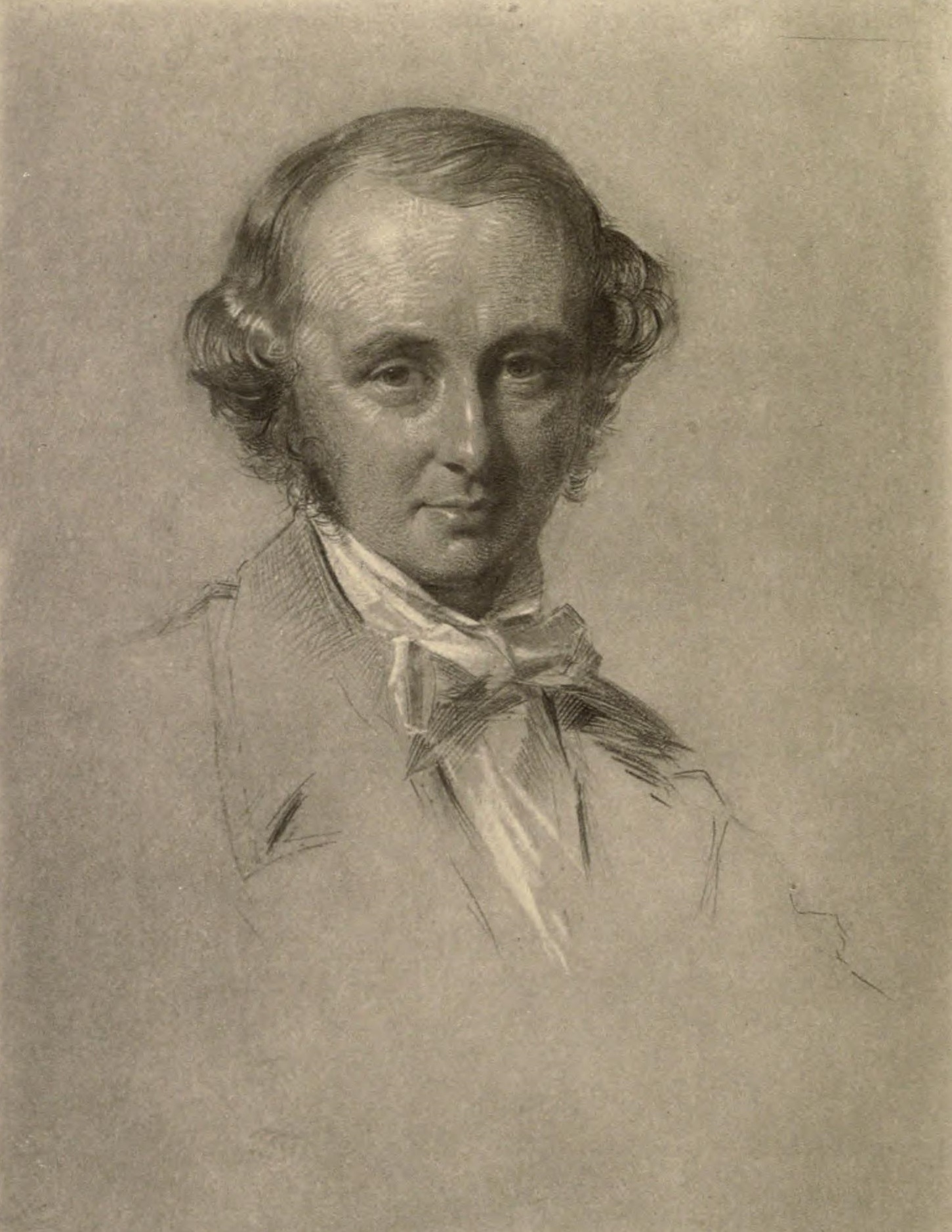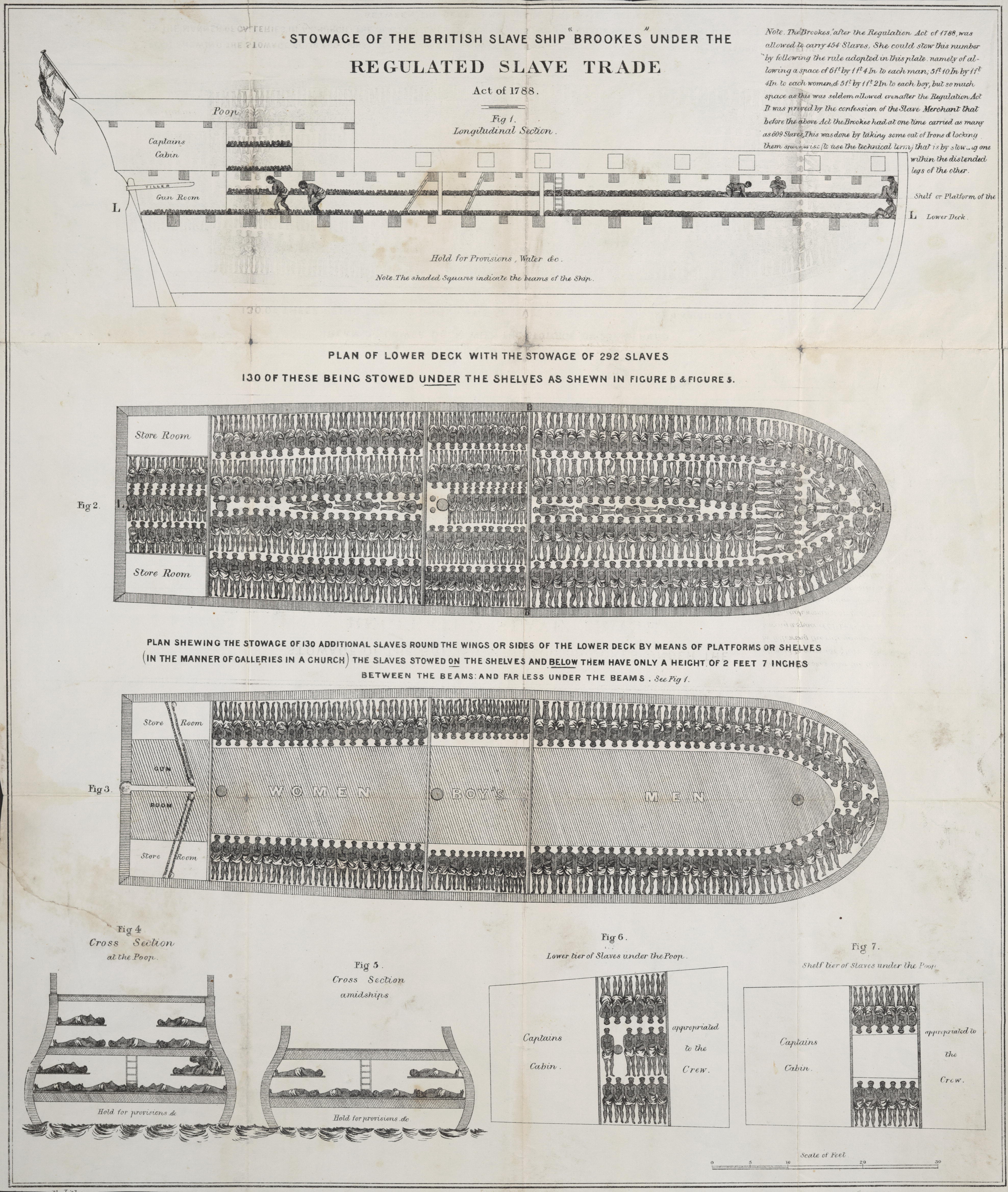|
List Of Old Paulines
The following is a list of notable former pupils, known as Old Paulines, of St Paul's School (London). The abbreviation OP is sometimes used. 16th century * John Leland (''c''.1503–1555); antiquary *George Lily (died 1559); Catholic priest, biographer and topographer *Peter Carew (1514–1575); adventurer *Thomas Gresham (1519–1579); founder of the Royal Exchange * William Harrison (1534–1593); clergyman and author of ''The Description of England'' *William Camden (1551–1623); antiquary 17th century *John Milton (1608–1674); poet *Samuel Pepys (1633–1703); civil servant and diarist * James Hayes (1637–1694); Prince Rupert's secretary and first Deputy Governor, Hudson's Bay Company. * George Jeffreys (1645–1689); Lord Chief Justice *Samuel Johnson (pamphleteer) (1649–1703) English political writer *John Churchill (1650–1722); army officer and 1st Duke of Marlborough *Edmond Halley (1656–1742); astronomer, geophysicist, meteorologist and physicist *Spencer Com ... [...More Info...] [...Related Items...] OR: [Wikipedia] [Google] [Baidu] |
St Paul's School (London)
(''By Faith and By Learning'') , established = , closed = , type = Independent school Public school , religion = Church of England , president = , head_label = High Master , head = Sally Anne Huang , r_head_label = Surmaster , r_head = Fran Clough , chair_label = Chairman of the Governors , chair = Johnny Robertson , founder = John Colet , specialist = , address = Lonsdale Road , city = Barnes , county = London , country = United Kingdom , postcode = SW13 9JT , local_authority = , urn = 102942 , ofsted = , staff = c. 110 , enrolment = c.950 , gender = Boys ... [...More Info...] [...Related Items...] OR: [Wikipedia] [Google] [Baidu] |
Joshua Toulmin
Joshua Toulmin ( – 23 July 1815) of Taunton, England was a noted theologian and a serial Dissenting minister of Presbyterian (1761–1764), Baptist (1765–1803), and then Unitarian (1804–1815) congregations. Toulmin's sympathy for both the American (1775–1783) and French (1787–1799) revolutions led the Englishman to be associated with the United States and gained the prolific historian the reputation of a religious radical. Rose, Hugh J., (1857). Google Book Search.''A New General Biographical Dictionary.'' Vol. I. London: B. Fellowes, 1857. Obtained 21 October 2006. Biography Early life Toulmin was born in London, England on 30 April 1740 to Caleb Toulmin and Mary Skinner, daughter of Thomas Skinner.On 14 September 1752, the British Empire adopted the Gregorian calendar, making it necessary to skip eleven days (i.e. 2 September was followed directly by 14 September 1752). Since Toulmin was alive at the time of Gregorian calendar transition, his birth date was ... [...More Info...] [...Related Items...] OR: [Wikipedia] [Google] [Baidu] |
Cecil Clementi Smith
Sir Cecil Clementi Smith (23 December 1840 – 6 February 1916),. was a British colonial administrator. Background The son of an Essex rector, John Smith, and his wife Cecilia Susanna Clementi (daughter of Muzio Clementi), Cecil Clementi Smith received his education at St Paul's School and Corpus Christi College, Cambridge. In 1864 he began his civil service career as a cadet interpreter in Hong Kong, learning much about the Chinese culture and gradually became an accomplished scholar of the Chinese culture. He was also the Colonial Treasurer of Hong Kong. Civil Service On 3 September 1878, Clementi Smith took office in Singapore as a Colonial Secretary in the Straits Settlements, and understudied Governor Frederick Weld. His knowledge of Chinese culture and competence in the language proved useful as he was able to communicate effectively with leaders of the growing Chinese community. Smith became known for his effective work in quelling Chinese secret societies in t ... [...More Info...] [...Related Items...] OR: [Wikipedia] [Google] [Baidu] |
Ray Lankester
Sir Edwin Ray Lankester (15 May 1847 – 13 August 1929) was a British zoologist.New International Encyclopaedia. An invertebrate zoologist and evolutionary biologist, he held chairs at University College London and Oxford University. He was the third Director of the Natural History Museum, London, and was awarded the Copley Medal of the Royal Society. Life Ray Lankester was born on 15 May 1847 on Burlington Street in London, the son of Edwin Lankester, a coroner and doctor-naturalist who helped eradicate cholera in London, and his wife, the botanist and author Phebe Lankester. Ray Lankester was probably named after the naturalist John Ray: his father had just edited the memorials of John Ray for the Ray Society. In 1855 Ray went to boarding school at Leatherhead, and in 1858 to St Paul's School. His university education was at Downing College, Cambridge, and Christ Church, Oxford; he transferred from Downing, after five terms, at his parents' behest because Christ Church ... [...More Info...] [...Related Items...] OR: [Wikipedia] [Google] [Baidu] |
Sea Scouts
Sea Scouts are a part of the Scout movement, with a particular emphasis on boating and other water-based activities on the sea, rivers or lakes (canoeing, rafting, scuba, sailboarding). Sea Scouts can provide a chance to sail, cruise on boats, learn navigation, learn how to work on engines and compete in regattas. Sea Scouts often have distinctive uniforms. In some countries or Scout organizations, Sea Scouting is a program just for older Scouts. History One of the earliest records of "Sea Scouts" is in ''Chums'' magazine which refers to "Sea Scouts" as early as July 1909. These Sea Scouts were part of the Chums Scouts and British Boy Scouts. Also in the ''Chums'' magazine, the British Boys Naval Brigade, later National Naval Cadets, were subtitled 'Scouts of the Sea' from the 14 July 1909 edition and, from the 28 July 1909 edition, 'Sea Scouts of the Empire'. The British Boy Scouts and an original company of The National Naval Cadets were both headquartered in Batterse ... [...More Info...] [...Related Items...] OR: [Wikipedia] [Google] [Baidu] |
Robert Baden-Powell
Lieutenant-General Robert Stephenson Smyth Baden-Powell, 1st Baron Baden-Powell, ( ; (Commonly pronounced by others as ) 22 February 1857 – 8 January 1941) was a British Army officer, writer, founder and first Chief Scout of the world-wide Scout Movement, and founder, with his sister Agnes, of the world-wide Girl Guide / Girl Scout Movement. Baden-Powell authored the first editions of the seminal work '' Scouting for Boys'', which was an inspiration for the Scout Movement. Educated at Charterhouse School, Baden-Powell served in the British Army from 1876 until 1910 in India and Africa. In 1899, during the Second Boer War in South Africa, Baden-Powell successfully defended the town in the Siege of Mafeking. Several of his books, written for military reconnaissance and scout training in his African years, were also read by boys. In August 1907, he held a demonstration camp, the Brownsea Island Scout camp, which is now seen as the beginning of Scouting. Based on his ... [...More Info...] [...Related Items...] OR: [Wikipedia] [Google] [Baidu] |
Henry Warington Smyth Baden-Powell
Henry Warington Smyth Baden-Powell KC (3 February 1847 – 24 April 1921), known as Warington, was a British admiralty lawyer, master mariner and canoeist. He wrote a book on Sea Scouting and held positions in The Boy Scouts Association, formed by his brother, Robert Baden-Powell. Life He was born Henry Warington Powell in New College Lane, Oxford; the son of Reverend Professor Baden Powell, who held the Savilian Chair of Geometry at the University of Oxford from 1827 to 1860. His mother, a gifted musician and artist, was Henrietta Grace Smyth, the third wife of Baden Powell (the previous two having died). She was the elder daughter of William Henry Smyth and his wife Annarella. Warington was the eldest child of the marriage, his siblings were George Baden-Powell, Robert Baden-Powell, Frank Baden-Powell, Agnes Baden-Powell, and Baden Baden-Powell. Warington was educated at St Paul's School, London, which he entered in 1857. In 1860, his father died, following whic ... [...More Info...] [...Related Items...] OR: [Wikipedia] [Google] [Baidu] |
Benjamin Jowett
Benjamin Jowett (, modern variant ; 15 April 1817 – 1 October 1893) was an English tutor and administrative reformer in the University of Oxford, a theologian, an Anglican cleric, and a translator of Plato and Thucydides. He was Master of Balliol College, Oxford. Early life Jowett was born in Camberwell, London, the third of nine children. His father was a furrier originally from a Yorkshire family that, for three generations, had been supporters of the Evangelical movement in the Church of England, and an author of a metrical translation of the Old Testament Psalms. His mother, Isabella Langhorne (1790–1869), was related to John Langhorne, the poet and translator of Plutarch. At the age of 12, Jowett was placed on the foundation of St Paul's School (then in St Paul's Churchyard) where he soon gained a reputation as a precocious classical scholar. Aged 18 he was awarded an open scholarship to Balliol College, Oxford, where he remained for the rest of his life. He began ... [...More Info...] [...Related Items...] OR: [Wikipedia] [Google] [Baidu] |
Joseph Williams Blakesley
Joseph Williams Blakesley (6 March 1808 – 18 April 1885) was an English clergyman. Life Blakesley was born in London and was educated at St Paul's School, London, and at Corpus Christi and Trinity College, Cambridge. At university he became a member of the "Apostles Club", along with Alfred Tennyson and other literary names. In 1831 he was elected a fellow, and in 1839 a tutor of Trinity. In 1833 he took holy orders and from 1845 to 1872 held the college living of Ware, Hertfordshire. Over the signature "Hertfordshire Incumbent" he contributed a large number of letters to ''The Times'' on the leading social and political subjects of the day, and he also wrote many reviews of books for that paper. In 1863 he was made a canon of Canterbury Cathedral and in 1872 Dean of Lincoln. Blakesley was the author of the first English Life of Aristotle (1839), an edition of Herodotus Herodotus ( ; grc, , }; BC) was an ancient Greek historian and geographer from the Greek city o ... [...More Info...] [...Related Items...] OR: [Wikipedia] [Google] [Baidu] |
Richard Ryan (biographer)
Richard Ryan (18 April 1797 – 20 October 1849) was a British writer of Irish descent. He was the son of Oxford Street, London bookseller and publisher Richard Ryan and was educated at St Paul's School, London. Ryan produced the first Irish biographical dictionary ''Biographia Hibernica, a Biographical Dictionary of the Worthies of Ireland, from the earliest periods to the present time'' in 1819 and 1821. He was also a poet, writing for newspapers and publishing books on poetry, a biographer of poets and playwrights, an editor, a lyricist for popular music and a playwright of several plays in the West End of London. Richard Ryan lived in Camden Town, London, from 1819 until his death in 1849. Early life Richard Ryan was the son of bookseller Richard Ryan (1750–1818) and Elizabeth Ryan (1759–1830). He was born at their home in Oxford Street near the Pantheon, London. It was one of several locations on Oxford Street where his father ran a book-selling business for 34 years ... [...More Info...] [...Related Items...] OR: [Wikipedia] [Google] [Baidu] |
Daniel Asher Alexander
Daniel Asher Alexander (6 May 1768 – 2 March 1846) was an English architect and engineer. Life Daniel Asher Alexander was born in Southwark, London and educated at St Paul's School, London. He was admitted to the Royal Academy Schools in 1782. His first major work was the improvement of the medieval bridge at Rochester. The bridge was widened and the two central arches merged into one to provide a wider channel for shipping. The work was not completed until 1824, by which time Alexander had been dismissed from his post as engineer to the bridge. He was the principal architect of Dartmoor Prison and Maidstone Prison, two of the oldest gaols still in use in the United Kingdom. In 1799 he carried out a detailed survey of Rochester Cathedral, and recommended a programme of repairs, which was begun in 1801. Alexander was the surveyor to the London Dock Company between 1796 and 1831 and was responsible all the buildings at the London Docks during that time, including th ... [...More Info...] [...Related Items...] OR: [Wikipedia] [Google] [Baidu] |
Thomas Clarkson
Thomas Clarkson (28 March 1760 – 26 September 1846) was an English abolitionist, and a leading campaigner against the slave trade in the British Empire. He helped found The Society for Effecting the Abolition of the Slave Trade (also known as the Society for the Abolition of the Slave Trade) and helped achieve passage of the Slave Trade Act 1807, which ended British trade in slaves. He became a pacifist in 1816 and, together with his brother John, was among the twelve founders of the Society for the Promotion of Permanent and Universal Peace. In his later years, Clarkson campaigned for the abolition of slavery worldwide. In 1840, he was the key speaker at the Anti-Slavery Society's (today known as Anti-Slavery International) first conference in London which campaigned to end slavery in other countries. Early life and education Clarkson was the eldest son of the Reverend John Clarkson (1710–1766), a Church of England priest and master of Wisbech Grammar School, and his wi ... [...More Info...] [...Related Items...] OR: [Wikipedia] [Google] [Baidu] |




.jpg)



